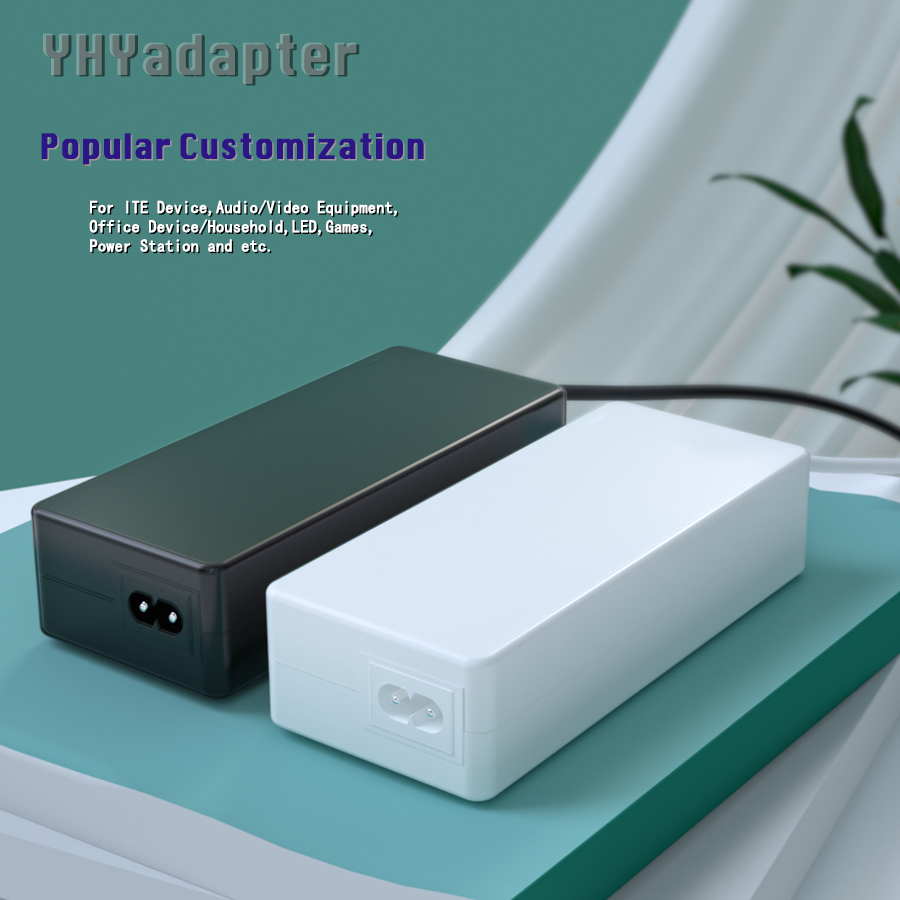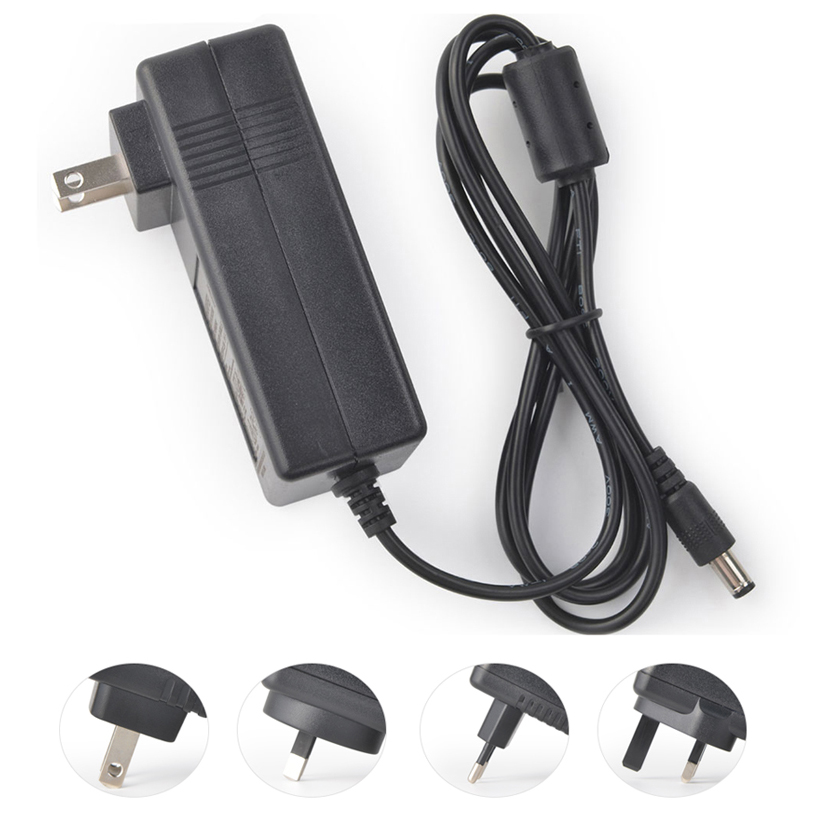Blog
Power Adapter Industry Advances Towards Higher Efficiency and Environmental Sustainability
Views : 460
Update time : 2024-05-20 10:29:52
In response to new energy efficiency standards and regulations, manufacturers in the power adapter industry are driving innovation towards more energy-efficient and environmentally friendly products. The European Commission's Energy-related Products (ErP) directive, introduced in 2009, has been instrumental in shaping these advancements, particularly for household and office equipment, including power adapters.
The ErP directive sets stringent efficiency requirements for power adapters, aiming to minimize energy consumption and reduce environmental impact during normal usage. Key aspects of these requirements include:
The ErP directive mandates that power adapters maintain minimal standby power consumption. For instance, a 12V 5A power adapter typically must adhere to a standby power consumption standard of 0.3W or less.
Rated Efficiency:
Efficiency standards are defined based on the power adapter's performance at various load levels. For a 12V 5A adapter operating at rated load (60W), the efficiency should typically exceed 85%.
Standby Power Consumption Restrictions:
Power adapters must also comply with limits on standby power consumption to minimize energy wastage when devices are not in use.
These regulations are pivotal in reducing standby power consumption and enhancing the overall efficiency of power adapters, thereby mitigating energy waste and environmental impact. It's essential for manufacturers to stay compliant with regional regulations and standards while designing and producing power adapters to meet these requirements.


As consumer demand for eco-friendly products grows, the power adapter industry's commitment to energy efficiency and sustainability will continue to drive innovation and shape the future of this vital technology sector.
The ErP directive sets stringent efficiency requirements for power adapters, aiming to minimize energy consumption and reduce environmental impact during normal usage. Key aspects of these requirements include:
The ErP directive mandates that power adapters maintain minimal standby power consumption. For instance, a 12V 5A power adapter typically must adhere to a standby power consumption standard of 0.3W or less.
Rated Efficiency:
Efficiency standards are defined based on the power adapter's performance at various load levels. For a 12V 5A adapter operating at rated load (60W), the efficiency should typically exceed 85%.
Standby Power Consumption Restrictions:
Power adapters must also comply with limits on standby power consumption to minimize energy wastage when devices are not in use.
These regulations are pivotal in reducing standby power consumption and enhancing the overall efficiency of power adapters, thereby mitigating energy waste and environmental impact. It's essential for manufacturers to stay compliant with regional regulations and standards while designing and producing power adapters to meet these requirements.


As consumer demand for eco-friendly products grows, the power adapter industry's commitment to energy efficiency and sustainability will continue to drive innovation and shape the future of this vital technology sector.


